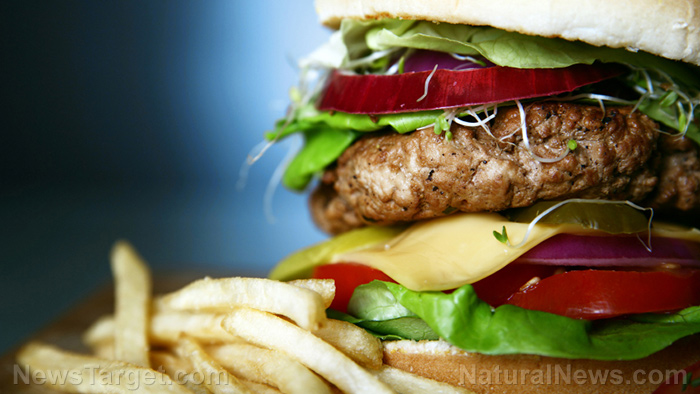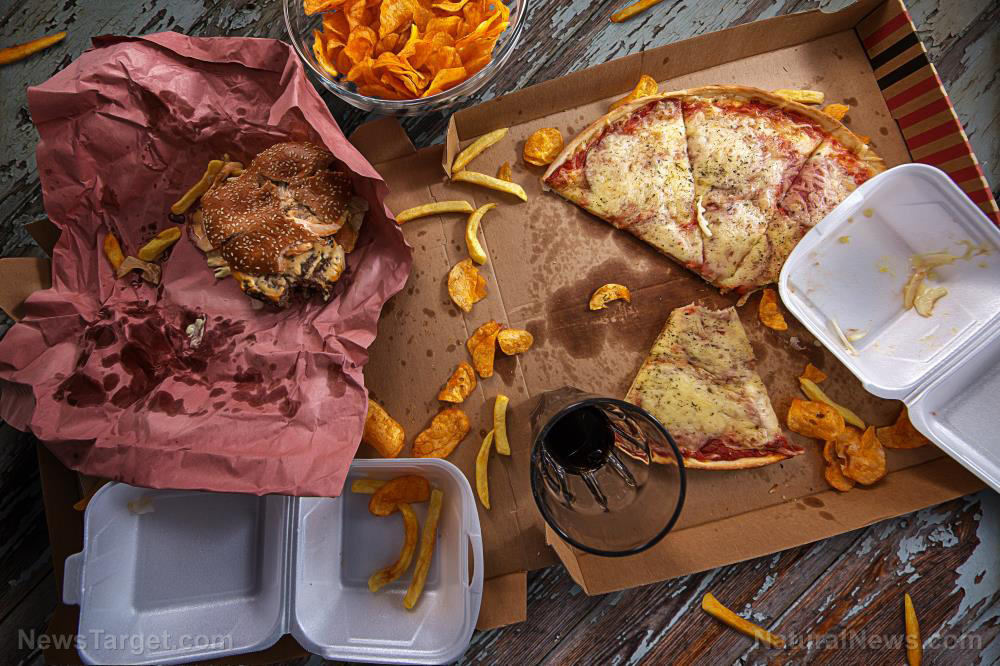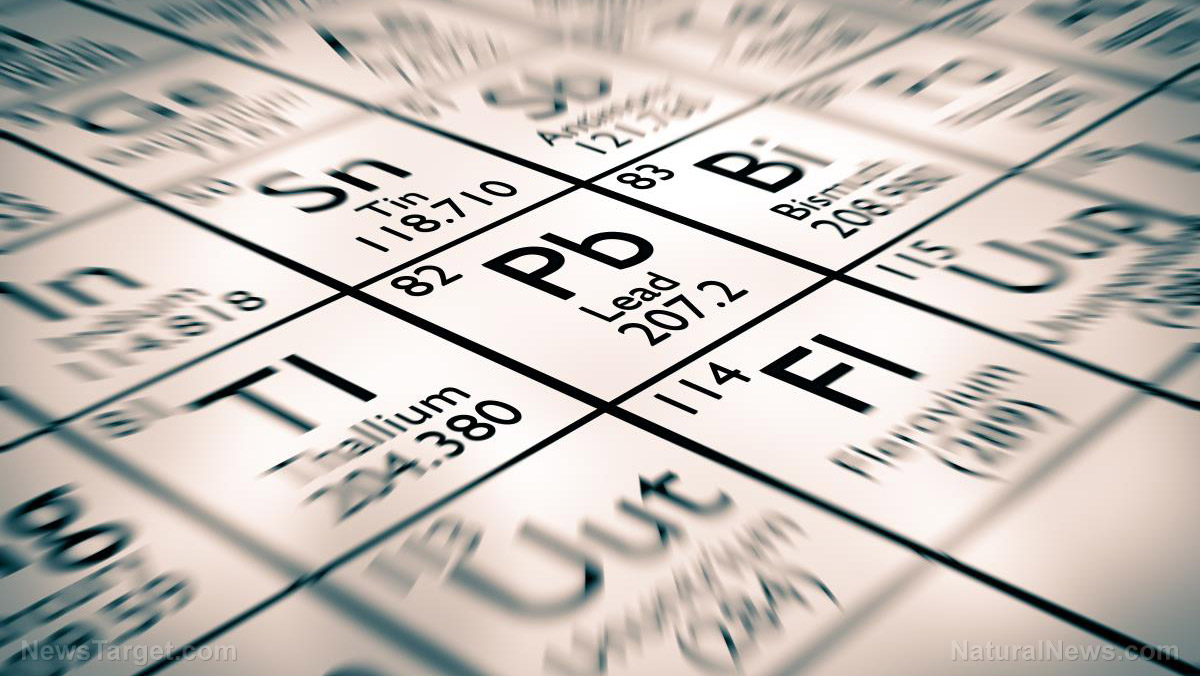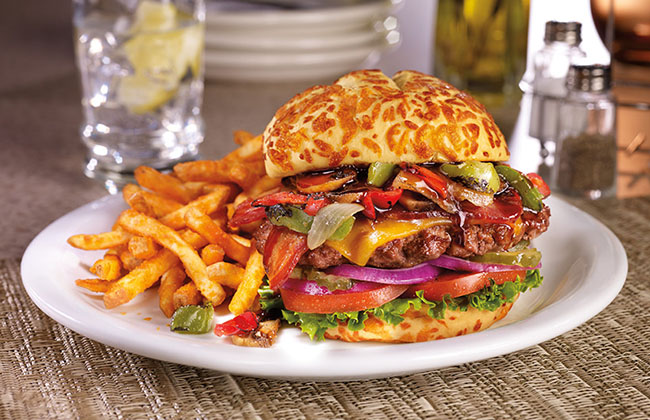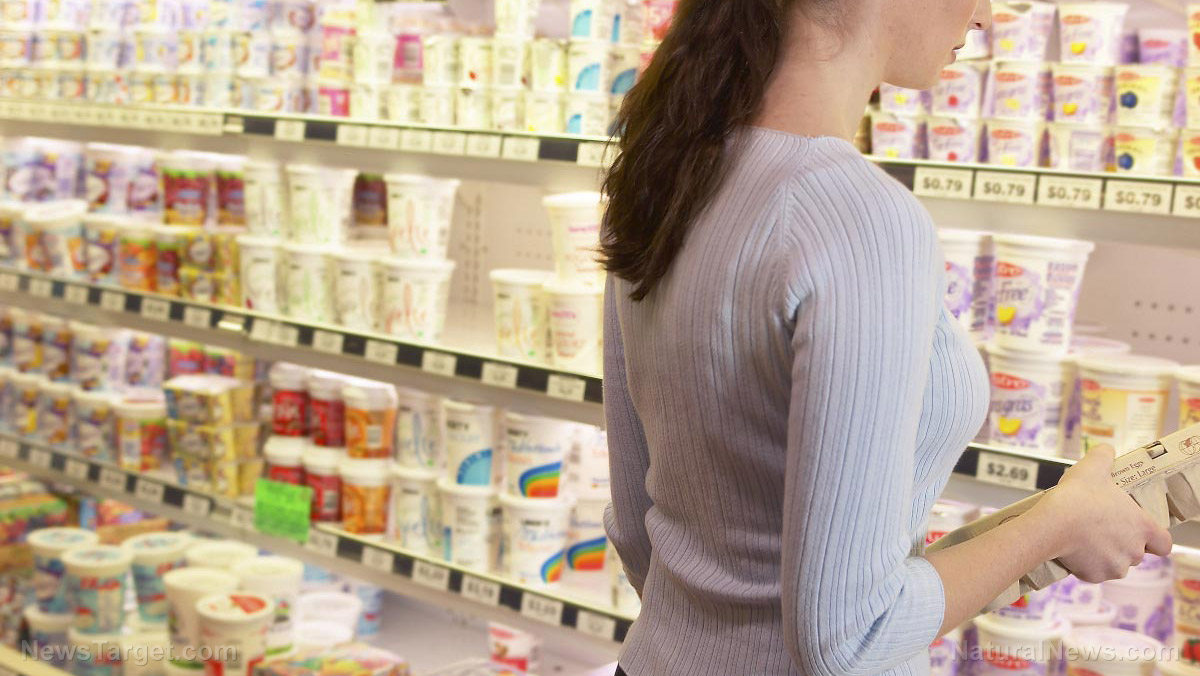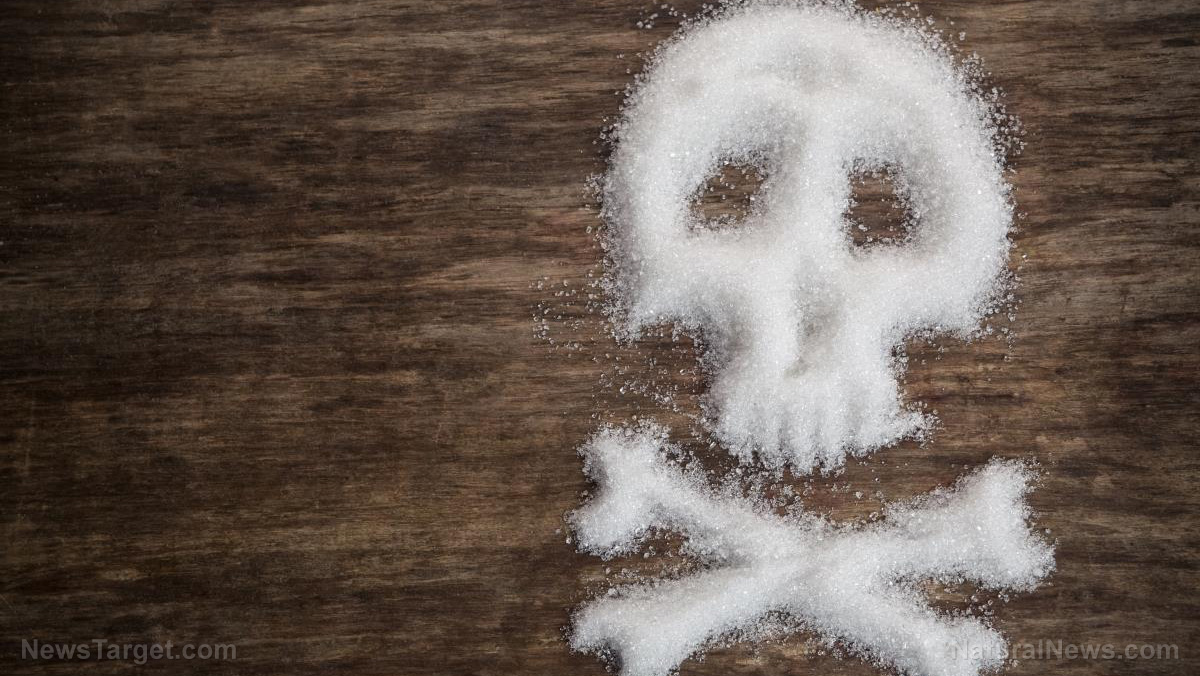New study finds that a chemical in food packaging is damaging children’s teeth
01/30/2019 / By Mary Miller

Certain harmful chemicals might be lurking in your food packaging at this very moment without you even knowing. Long-term exposure to these chemicals could have detrimental effects on your overall health and well-being. In young children, this exposure may even lead to irreversible tooth enamel damage.
Bisphenol A (BPA) and vinclozolin are two of these potentially toxic chemicals that frequently find their way into many food packages for various reasons. BPA is an industrial chemical that is often added to many commercial products, such as food containers that are made of certain resin and plastic materials. Vinclozolin is a chemical found in some fungicides that are used to treat orchards, vineyards, and golf courses. According to multiple studies, both of these chemicals can disrupt the normal functions of your endocrine system and interfere with your hormonal balance. (Related: It’s not just in the meal, but the packaging: BPA toxicity in fast food packaging could lead to high rates of brain defects.)
Harmful effects of BPA and vinclozolin
Small children are the most vulnerable to the effects of endocrine-disrupting chemicals, such as BPA and vinclozolin exposure. Their bodies are still growing and developing. However, many previous studies suggest a link between endocrine disruptors and molar incisor hypomineralization. What this means is that if small children are exposed to endocrine disrupting chemicals, the enamel of their permanent teeth may be damaged during their years of early development. Unfortunately, enamel does not grow back and this condition can irreversibly disrupt enamel development in children.
Children with damaged permanent teeth may experience tooth discoloration and extreme tooth sensitivity, especially when they are exposed to cold food items and beverages. Around 18 percent of children aged six to nine years suffer from molar incisor hypomineralization. Sodas and sugary beverages are already bad enough for children on their own, but when combined with the BPA in food containers, they can only aggravate their condition.
Exposure to BPA and vinclozolin may also lead to reproductive issues. It may even lead to infertility. According to one study, women who experienced frequent miscarriages were found to have as much as three times the amount of BPA in their blood than women who underwent successful pregnancies. On the other hand, vinclozolin has been said to exhibit antiandrogenic activity in the male reproductive system.
Other possible effects of BPA and vinclozolin exposure include a heightened risk for cancer, birth defects, heart disease, and a number of other health problems.
How to reduce BPA and vinclozolin exposure
In some cases, it may be impossible to avoid BPA and vinclozolin completely. However, there are still effective ways to minimize your exposure to these toxic chemicals.
- Eat fresh and organic foods as much as possible. These food items are less likely to come into contact with packaging that contains toxic chemicals. Fresh, whole foods are generally healthier for your body in the long run anyway.
- Stay away from packaged foods. If you see any food items in cans or plastic containers that have the letters “PC” or the recycling numbers 3 and 7 in their labels, avoid them if you can.
- Avoid microwaving your food in plastic containers. In general, it is best to avoid using the microwave altogether. However, if you are left with no other option, at least microwave your food in a glass container instead of a plastic one.
- Buy powdered infant formula. Babies and infants are especially prone to the effects of toxic chemicals as their bodies are still underdeveloped. Liquid infant formula is more likely to absorb BPA from a plastic container than powdered infant formula.
Learn more ways to avoid toxic chemicals seeping into your food by going to Chemicals.news.
Sources include:
Tagged Under: bisphenol A, BPA, children's health, children's teeth, Endocrine disruptors, Fertility, food packaging, Infertility, oral health, reproductive health, toxic chemicals, toxic foods, toxic ingredients, vinclozolin


